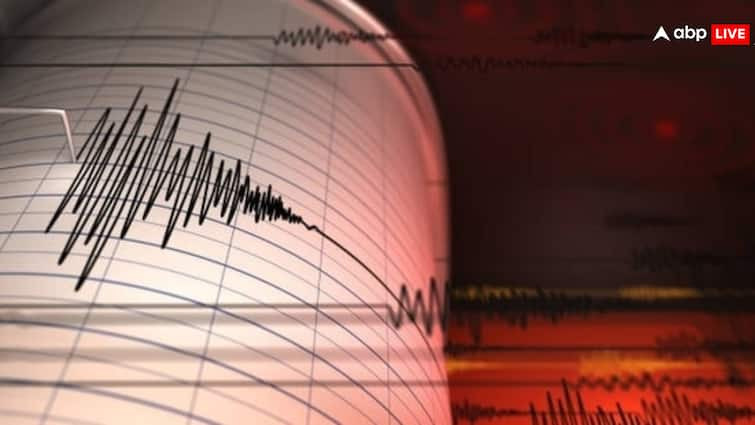Strong 6.1 Magnitude Earthquake Strikes Near Greek Island of Crete, Tsunami Risk Evaluated
Recent Earthquake in Crete: What You Need to Know
An earthquake measuring 6.1 on the Richter scale struck near the Greek island of Kasos, causing tremors felt across various parts of Greece. According to the United States Geological Survey (USGS), the earthquake occurred at 1:51 AM local time, prompting residents to evacuate their homes in a rush. This seismic activity is the latest in a string of quakes that have hit the region, emphasizing the area’s vulnerability to tectonic movements.
Just a week earlier, on May 14, Greece experienced another significant tremor, this time with a magnitude of 6.3. Occurring early in the morning, it sent shockwaves throughout the community, causing panic among local residents. Thankfully, no severe damage reports were recorded from this event, although authorities urged people to remain vigilant and prepared for aftershocks.
Tsunami Assessment Underway
In the wake of the recent earthquake, there has been an immediate assessment for potential tsunami threats. Preliminary evaluations were initiated by the European-Mediterranean Seismological Centre (EMSC) as concerns grow about the implications of repeated seismic activity in the region. This follows similar warnings issued after last week’s 6.1 magnitude tremor, which highlighted risks for southern coastal areas of Greece.
Seismologists are closely monitoring the situation, with particular focus on:
- Elevation of sea levels following tremors.
- Rapid changes in ocean currents.
- Potential damages to coastal infrastructure.
With the Mediterranean being a tectonically active region, residents are accustomed to occasional earthquakes. However, the frequency and intensity of recent quakes have raised alarms among both locals and experts regarding safety measures and preparedness.
How Prepared are the Residents?
Greece has a history of seismic activity, which means many residents have undergone earthquake drills and preparedness training. Learning about safety measures is crucial in minimizing panic and injury during such events. Here are a few essential safety tips:
- Always have an emergency kit ready, including water, food, and first-aid supplies.
- Have a family emergency plan in place to ensure everyone knows where to meet after an evacuation.
- Regularly check for structural integrity of your homes, specifically in areas known for vulnerabilities.
- Stay informed about seismic activity through credible sources like the USGS or local authorities.
Despite awareness and preparedness efforts, the unpredictability of earthquakes can still be alarming. Residents of Crete and surrounding islands are reminded to stay tuned for updates from local authorities regarding possible aftershocks or tsunami warnings following the recent tectonic activity.
Global Context: Recent Earthquake Activity
While Greece grapples with its seismic challenges, the global earthquake activity remains notable. For instance, on May 16, 2025, a quake of magnitude 4.5 struck China, highlighting that seismic events are occurring worldwide. According to the National Earthquake Center, this earthquake registered a depth of approximately 10 kilometers, demonstrating that the earth’s tectonic movements are an intense and ongoing issue globally.
In this interconnected world, one seismic event can often bring the community closer together as individuals share experiences and support each other through tough times. The resilience shown by affected communities can inspire actions that drive safety and awareness initiatives in other parts of the globe, reinforcing the importance of preparedness.
Conclusion
As Greece faces these natural challenges, ongoing research into earthquake preparedness and the implementation of disaster response plans continue to be paramount. The recent tremors in Crete serve as a reminder of nature’s unpredictability and the continuous need for awareness and readiness. As communities around the world monitor seismic activities, solidarity and preparedness will play vital roles in resilience against such forces.
Stay Safe!





